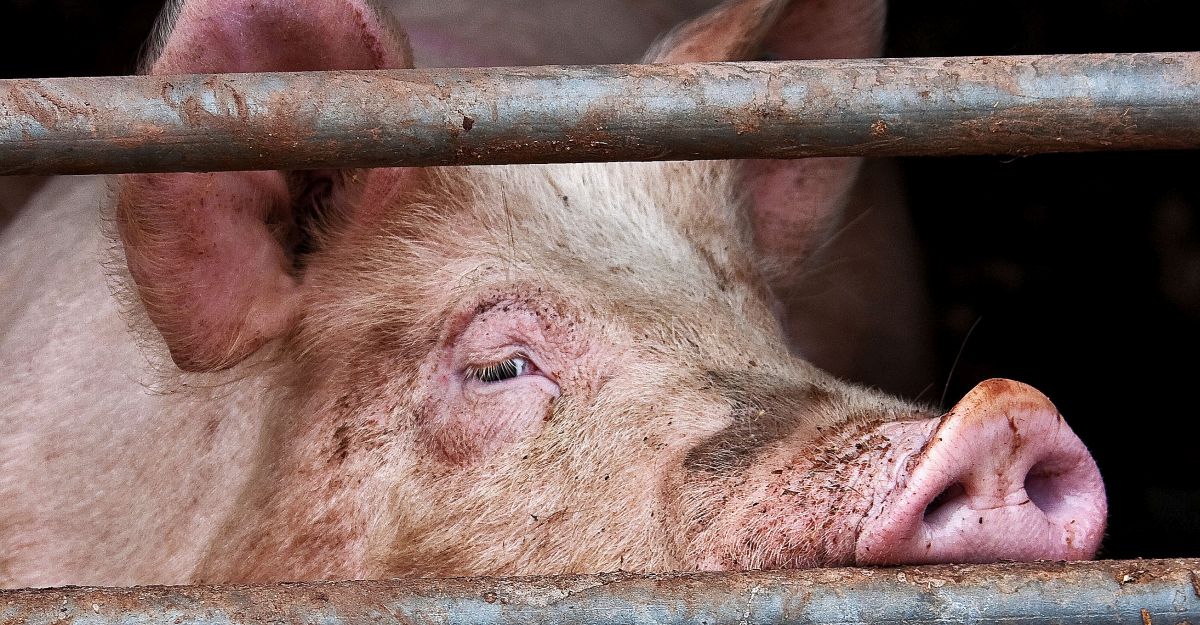 At the age of 50, Norman Finkelstein is without a job and lives alone with his books and computer in Coney Island, New York. He was hounded out of his job as a professor at De Paul University, New York by the machinations of Professor Alan Dershowitz and his supporters. In Beyond Chutzpah, Finkelstein aroused the ire of this warrior of Zionism by accusing him of plagiarism and being fraudulent in his writings on Israel. He laughingly says in the documentary film, American Radical, he wouldn’t use Dershowitz’s book as a schmatte (Yiddish for cleaning rag).
At the age of 50, Norman Finkelstein is without a job and lives alone with his books and computer in Coney Island, New York. He was hounded out of his job as a professor at De Paul University, New York by the machinations of Professor Alan Dershowitz and his supporters. In Beyond Chutzpah, Finkelstein aroused the ire of this warrior of Zionism by accusing him of plagiarism and being fraudulent in his writings on Israel. He laughingly says in the documentary film, American Radical, he wouldn’t use Dershowitz’s book as a schmatte (Yiddish for cleaning rag).
American Radical is an account of Finkelstein’s own warrior exploits against Israel’s oppression of the Palestinians and an excellent portrayal. He has published numerous books on the conflict. He has been engaged with the Palestinians and their struggle since his first book on Israel’s 1982 invasion of Lebanon. He visits Palestine every year and has a number of close friends there. With inexorable reason, he dissects the mystifications around Israel and its history put out by the Zionist ideologues.
The driving fact in Finkelstein’s life is that he is a son of Nazi holocaust survivors. Solidly working class and committed pacifists, both his parents fought in the Warsaw Ghetto uprising. His mother was in Majdanek concentration camp and his father was in Auschwitz. The Holocaust was a daily presence in Finkelstein’s life as his mother, in particular, endlessly and vocally processed her traumatic experiences. As is well-known, traumas such as these, if not resolved, are handed down from generation to generation, distorting and limiting human potential. American Radical shows how this manifests in Norman Finkelstein.
The pain borne by Finkelstein is palpable as he speaks of his parents’ experiences. He virtually channels the Holocaust, its flames burn in his veins. Yet this pain drives him in a direction diametrically opposed to that of so many Jews. The trauma of the Holocaust has been shamelessly used by the Zionist movement to build uncritical support for Israel. It is a branch of what Finklestein has provocatively dubbed ‘the Holocaust Industry’. Because Israel has been framed by Zionism as the guarantee of existential security in the face of carefully nourished terror, too many Jews are incapable of considering the issues clearly and are tragically ready to believe all kinds of nonsense promulgated by the chasbarah (Israeli propaganda) brigade. Also, such victimhood justifies everything. Who can argue against the imperative to survive against what is said to be constant threat?
For Finklestein, ‘Never again’ means never again for any human group. Not for him the endless communal self-absorption and narcissism underlying so much of Jewish attachment to Israel. Following in the footsteps of his mentor Noam Chomsky, he is a fierce, even provocative critic of Israel. He argues passionately that Jews have a special obligation to ease the suffering of all humanity because of what was done to them. Yet his views are essentially moderate. He is not an anti-Zionist (in the sense of opposed to a homeland for Jews in Palestine) and he supports a two-state solution.
His situation is essentially tragic. Now jobless, he is very much a victim of the Zionist establishment. But even his strong supporters, Noam Chomsky and John Mearsheimer, admit that Finklestein is over-provocative in a way that unnecessarily arouses opposition. To that extent, he blocks communication of his message and the important results of his rigorous scholarship. The inherited experience of the Holocaust has left its scars.
It is possible to understand Finkelstein’s fierce denunciation of the atrocities committed by the state of Israel as rooted in his determination not to betray the suffering of his parents, to be worthy of what they went through; perhaps, in some small way, to make it up to them by in turn suffering for the exercise of moral courage.
Whatever the roots of Finkelstein’s commitment, his story illustrates that the power of terrible experiences can be used to fight for a better world or they can lead, as in the case of those who cling to Israel for security in an ultimately self-destructive way, by failing to confront Israel’s ongoing assault on the Palestinians and the denial of their rights.
Historically Jews were in the forefront of progressive movements and apart from the issue of Israel, they are still on the liberal side of politics. However, the official Jewish leadership persists in unquestioning support for Israel regardless of justice or international law. And too many Jews are driven by their fears to blindly follow. This fear and despair gives Hitler a tragic posthumous victory.
However, even this is changing. Peter Beinart, in his recent article in the New York Review of Books, reminds us that younger Jews are no longer driven by an overpowering sense of victimhood and imminent destruction. They are distancing themselves from Israel, and feel it is less relevant to them as Jews.
Finkelstein’s career reminds us that unquestioning support for Israel is not the only lesson to be drawn from a tragic history, that a passionate commitment to the wellbeing of all human beings is equally rooted in the Holocaust experience. It is the only way of conquering its legacy.





